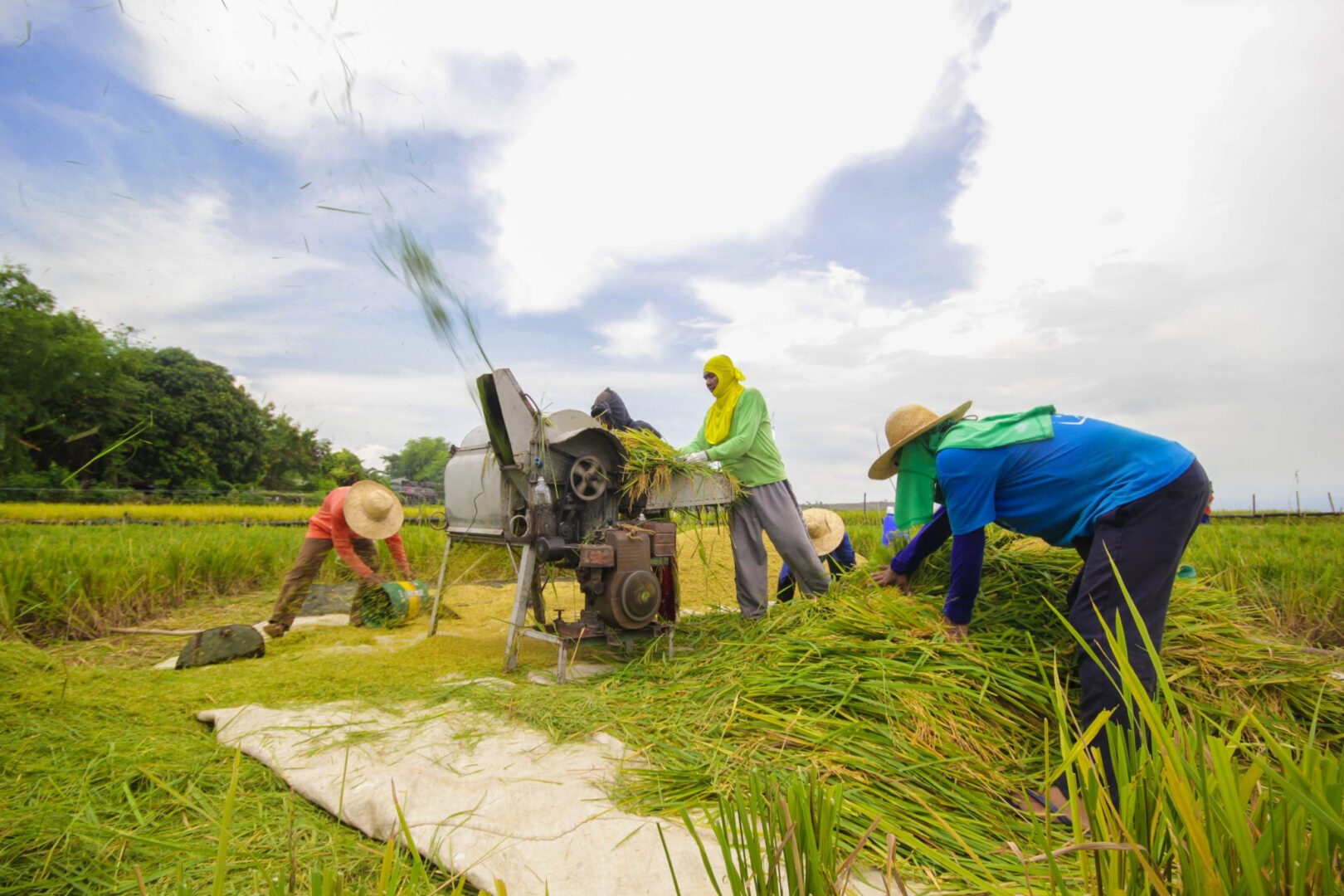A major problem that farmers often encounter is the oversupply of vegetables, fruits, and other agricultural products. In the Philippines, spoiled food from homes, restaurants, and grocery stores piled up to 930 million tons in 2019, according to the United Nations.
Helping to reduce this waste and loss in profits are the creators of Sakahon, an online database and e-commerce platform where individual and institutional buyers can order various products. Data from this platform are analyzed to ensure the right volume of products is delivered at the right time to customers.
Sakahon is the combination of the Tagalog words saka, which means to plant, and ahon, which means to uplift.
Elvin Laceda, a farmer from Lubao, Pampanga, and one of the creators of this agriculture technology or agritech, explained further in an email to the Daily Tribune how it is improving the lives of farmers.
In doing so, he recalled insights shared by other team members Elaine Timbol, a marketing professional in the rural banking sector, and Von Payumo, a graphic designer, web developer, and founder of health startup Alaga Health.
Digital platform
“We created Sakahon, a digital platform where our clients, food manufacturers, and supermarket retailers share with us data and specifications of fresh produce they need three to six months ahead of time. Then we process the data,” Elvin said.
Equipped with the market data, the Sakahon team provides seedlings and other inputs to farmers from its seedling production facility, which can make over 50,000 seedlings.
During the harvesting period, Sakahon pays the farmers a higher price compared to that traditional middlemen. This better pay to farmers includes their fees for the production inputs from Sakahon.
“Our vision for prosperous families of farmers and fisherfolks motivates us to develop a solution that we call Sakahon to solve three major problems in the sector: Market gaps, income inequality, and food waste,” Elvin said.
Market-driven agritech focused on pre-production
“We stay competitive by ensuring we have a good working relationship with our partner farmers. We are the only market-driven agritech in the Philippines that focuses on pre-production, not just post-harvest. Our relationship with the farmers begins even before they plant their crops,” he added.
Elvin shared that the Sakahon team has been serving over 500 farmers in North and Central Luzon. Aside from the provinces, their products are also delivered to households in Metro Manila.
The Sakahon team also built farm schools to teach farmers how to improve the quality of their products to suit the standards of its partner businesses and individual customers.
Sales in e-commerce in the Philippines are projected to balloon from $3 billion in 2019 to $12 billion by 2025, according to global statistics. This is backed by strong momentum from internet users representing 73 percent of the population.
Purchases of raw vegetables and fish will likely increase as the World Health Organization intensifies efforts to encourage governments to ban fatty and salty foods. To this end, the Philippine government ordered recently to prohibit the use of unhealthy transfats in processed and pre-packaged foods and their importation starting 19 June.
Proactive
Elvin said the government must be proactive in building an environment to further spur agritech enterprises in the country, providing Filipinos with options for healthy diets and sufficient food and increasing farmers’ incomes.
“The government can create an enabling environment for these kinds of innovation to flourish. We need to be part of any planning with the Department of Agriculture and the Office of the President, so we can help solve food insecurity and farmers’ inability to make a decent income.”
Having lived in Hawaii after he received a scholarship in 2017 from Brigham Young University, Elvin saw more comfortable lives for farmers with government support and the use of technology that he wanted to replicate in the Philippines.
He also founded the startup RiceUp Farmers which is a model for farm schools teaching farmers about entrepreneurship and digital technology or apps.
In 2019, the Sakahon founders won a title in Silicon Valley in California.
Moving forward, Elvin said the agritech industry will be seeing wider use of artificial intelligence or AI and other versions of it, along with climate-change mitigation technologies.
“More innovation using AI, carbon credits and others will emerge soon as we navigate a world that aims to have net zero carbon emissions,” he said.
